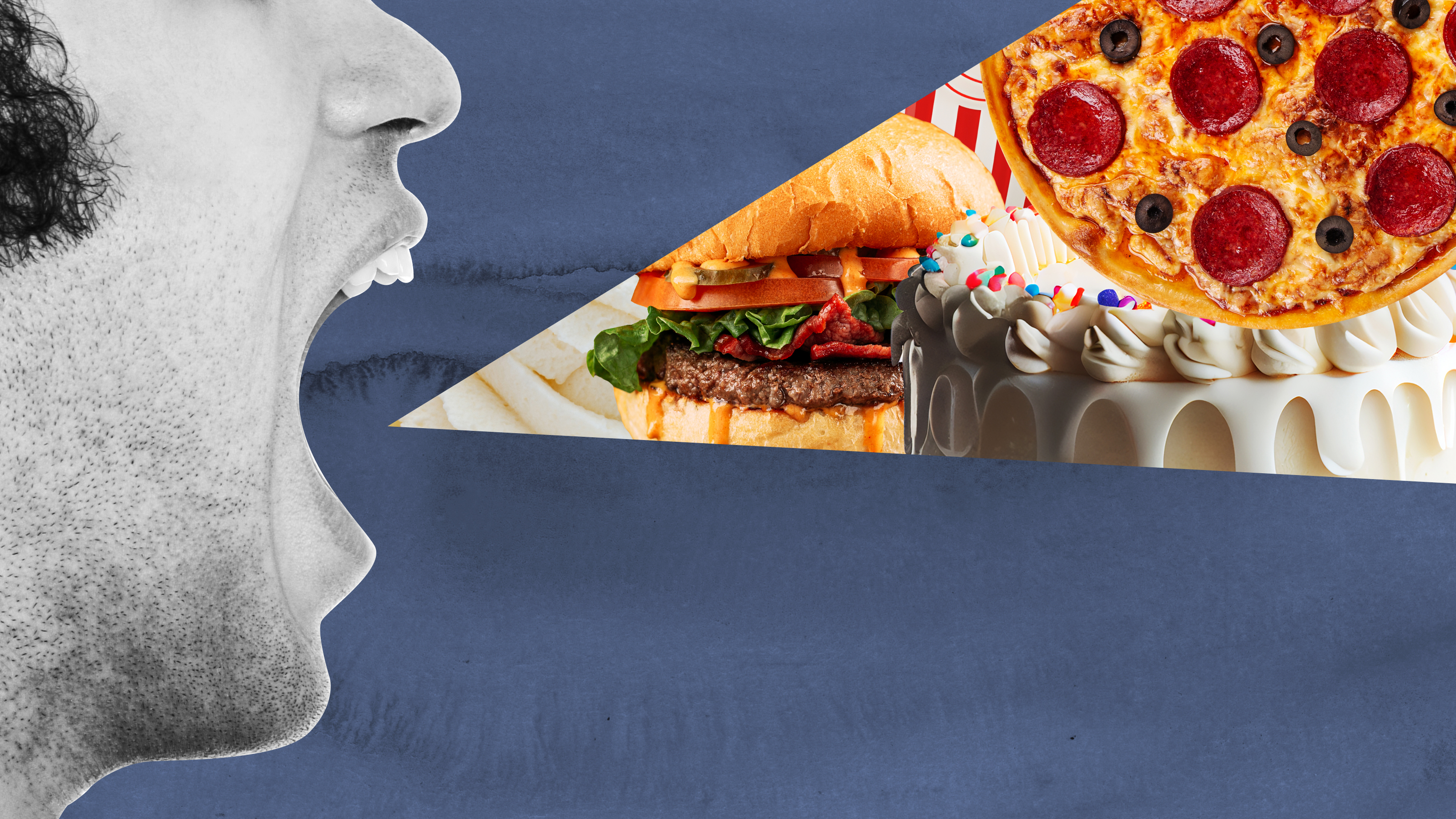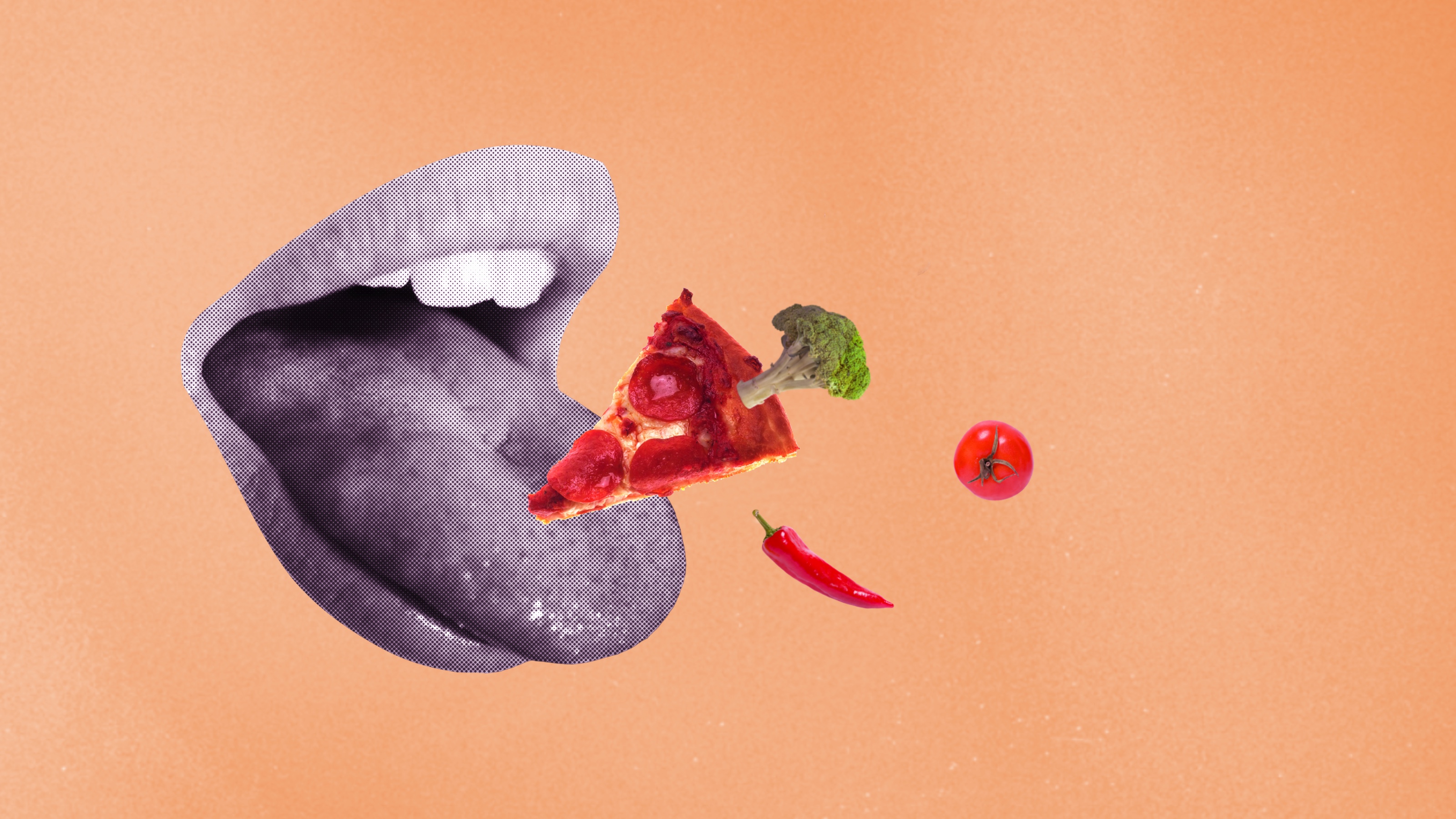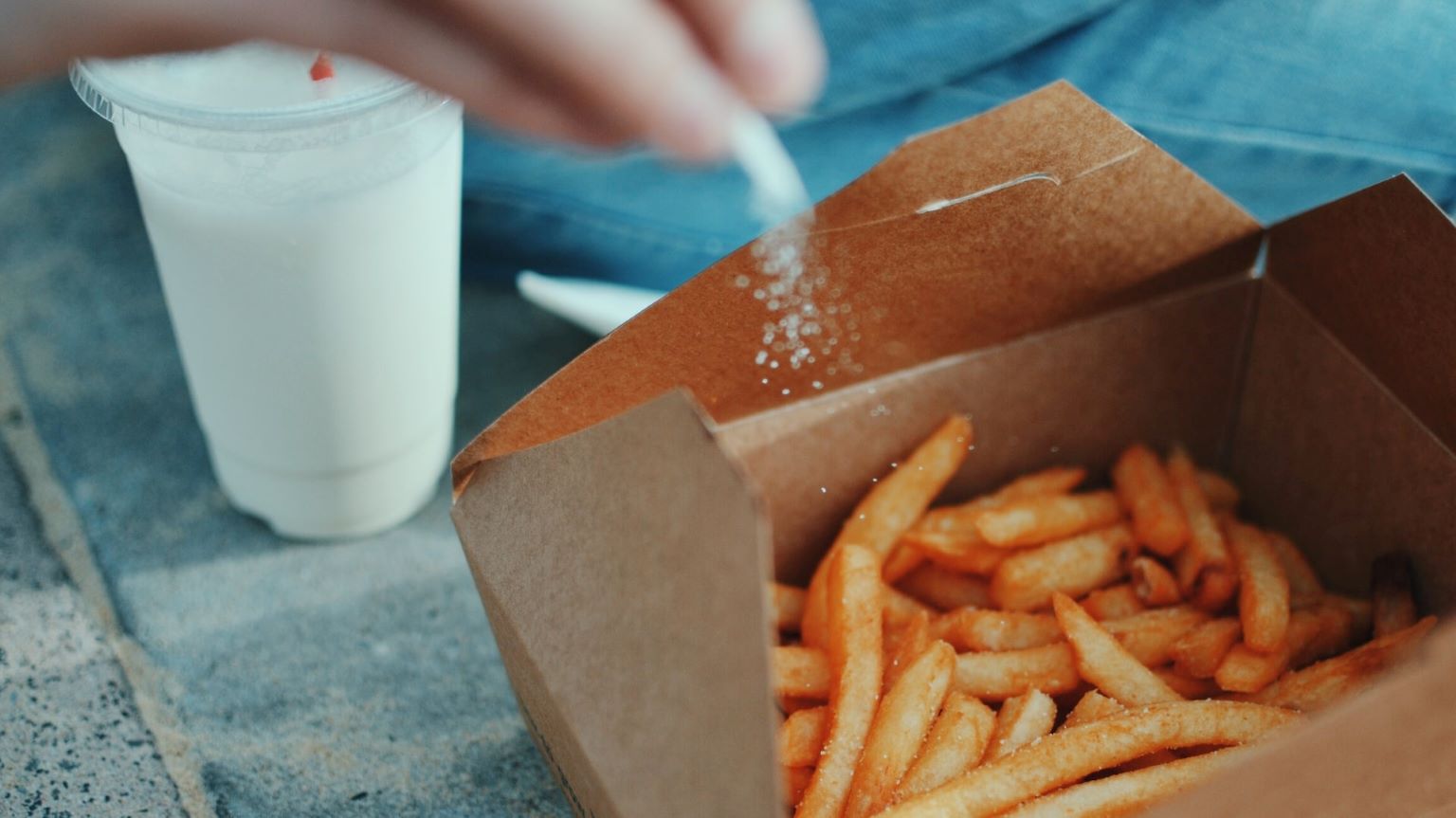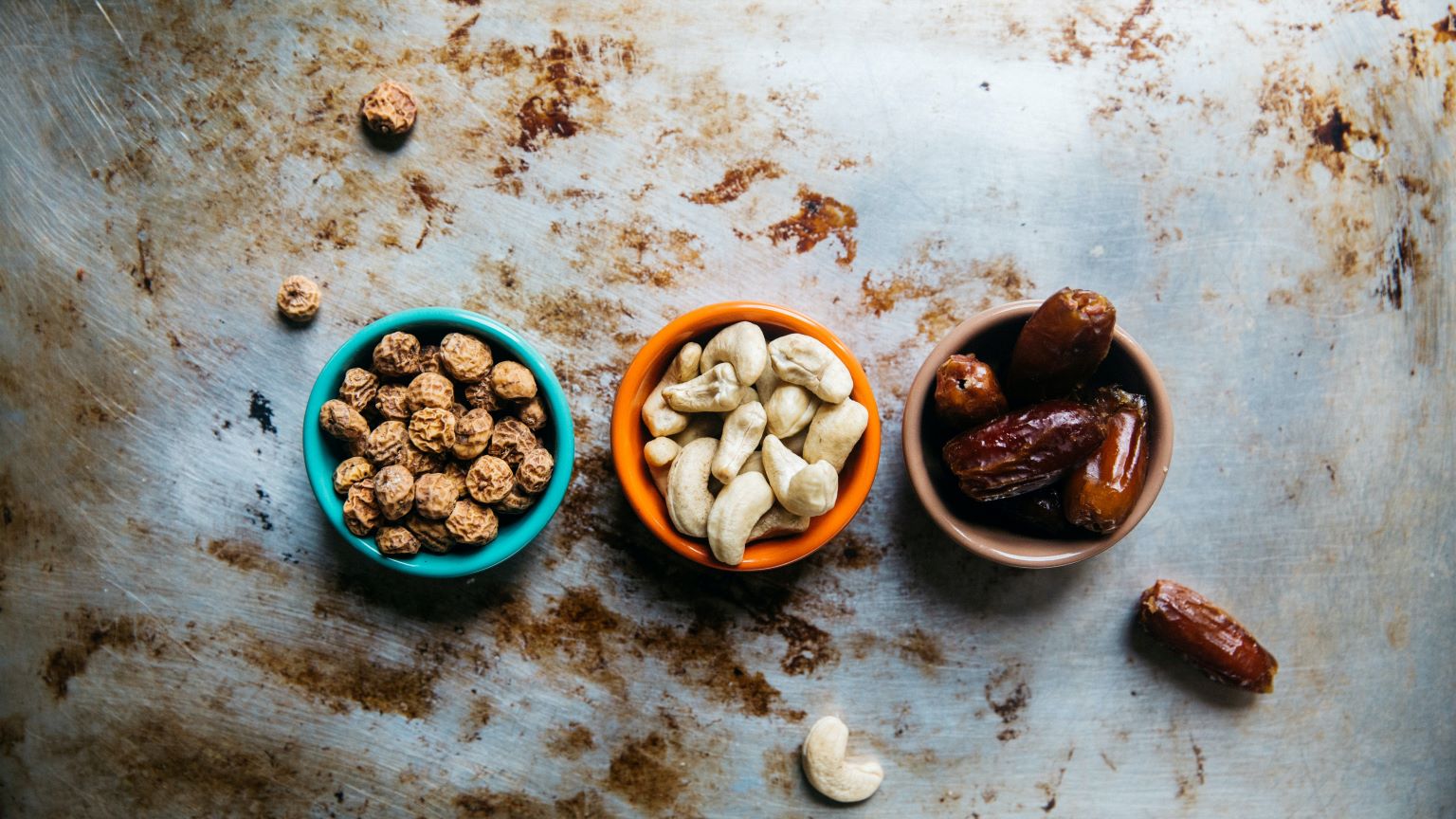Why Do We Eat Dessert For Breakfast?

To breakfast or not to break fast? Fans of intermittent fasting say no, let your body burn off the previous day’s calories before starting the cycle again. Others claim the morning meal to be the most important. As with much of nutrition, vested interests respond with science that strengthens their argument, which is not good science.
Consider how your body breaks down food. Let’s say cake, which is predominantly carbohydrates and fats. Fat is processed by your liver; some of it is immediately utilized as fuel while the rest is stored in muscles. Whatever is left over is stored in adipocytes, fat cells, throughout your body. Most of this will become subcutaneous fat, as well as visceral fat, which collects around your midsection.
The enzymatic process of turning carbs into glucose and fructose occurs when saliva interacts with whatever you put in your mouth. Cake contains plenty of glucose—from flour as well as table sugar and milk sugars—that your bloodstream quickly utilizes. Your body demands an enduring supply of glucose, but too much proves to be toxic. In the long run, cake doesn’t help.
Your pancreas pumps out insulin to regulate your blood sugar, with some it heading to your liver. Your liver is already busy turning glucose into glycogen, but the carbs are slowing the process, turning the glucose into fat cells. Most of the glucose (about 80 percent) is being used as energy for your brain, organs, and muscles. The carbs are the real problem, changing how your liver processes fat.
Such is the case with the fructose broken down by your saliva. Once again your liver is being taxed, as fructose can only be processed by that organ, unlike glucose, which is employed throughout your body. Fructose is stored either in your liver or systemwide as, you guessed it, fat cells.
Now, suppose you eat that delicious cake in the morning. As the day goes on you might try to use the energy through the release of glucagon, produced by the pancreas, and cortisol, produced by your adrenal glands. The real problem with this dietary decision, however, is ingesting copious amounts of sugar first thing. Harvard paleoanthropologist Daniel Lieberman explains what cake does to your body:
Not only are you getting more calories than you need, but the lack of fiber causes you to absorb the calories faster than your liver and pancreas can handle them. Our digestive system never evolved to burn that much sugar that fast, and they respond in the only way they can: shuttling much of the excess sugar into visceral fat.
No one would ever eat cake for breakfast, however. Right? Now consider the ingredients: flour, butter, eggs, and sugar. What goes into muffins, pancakes, banana bread, cereal, and the predominant amount of foods offered in most every cafe and restaurant during the morning hours, as well as sold in supermarkets in the breakfast section?
Javier Zarracina at Vox created the chart below to highlight the sugar content of popular breakfast foods. The most eye-opening is the link between a muffin and cupcake. I’m guessing the vegan muffins made with “organic sugar” at my local coffee shop is not innocent. The reality is few cafes offer anything healthy in the morning hours.

Zarracina and Julia Belluz take to task many assumed healthy options, such as granola and yogurt. Sure, yogurt can be a good option, but only if you purchase plain. Pretty much every other flavor is loaded with sugars. As they write, the Icelandic Siggi’s specifically caters to a low-sugar market:
Every serving has about 100 calories and 25 to 50 percent less sugar than mainstream brands. Plain yogurts from any brand are a safe bet, and it’s always a good idea to steer clear of yogurts with names like Key lime pie and Philly cheesecake.
Other options they suggest include eggs as well as a Japanese breakfast: fish, rice, and miso soup. I start my mornings with a smoothie blended with bone broth protein, almond butter, MCT oil or coconut milk (not coconut water), plain kefir, and a couple of berries. I keep the fat high and sugar low.
How you start your day reverberates until sleep. How much you ingest during the day matters, but is not the only consideration. Lieberman trounces this longstanding myth that “calories in, calories out” is the main driver in obesity and weight loss. Type of calories matter. He writes,
Foods rich in digested glucose supply lots of calories and make you hungrier sooner. People who eat meals with a higher percentage of calories from protein and fat are less hungry for longer and thus eat less food overall than people whose calories come mostly from sugary and starchy foods.
Eating dessert for breakfast sets you up for constant cravings as your insulin levels spike early. More hunger means more calories and, as your willpower wanes throughout the day, more carbohydrate-heavy comfort foods, which keeps your liver working overtime. Instead you can eat plenty of fat calories that are turned into usable energy by your brain, muscles, and organs. Keep consuming carbs early on and the process eventually leads to obesity and, sadly the case for too many people, type 2 diabetes.
Given the pervasiveness of nutritionally cheap muffins, donuts, and “breads” served every morning in America, the only real option we have is to stop buying them. Only then will they stop being offered—the market as it is intended to work. Yet as long as we keep buying they’ll keep being produced. Cheap nutrition to create as well as to ingest, but metabolically expensive to correct. Trading convenience for health harms everyone in the long run.
—
Derek’s next book, Whole Motion: Training Your Brain and Body For Optimal Health, will be published on 7/18 by Carrel/Skyhorse Publishing. He is based in Los Angeles. Stay in touch on Facebook and Twitter.





